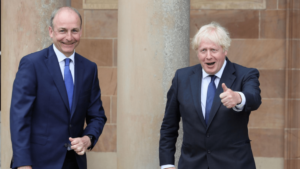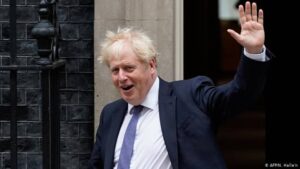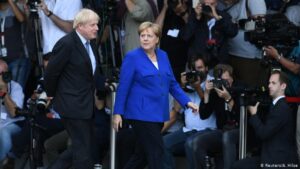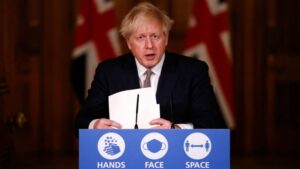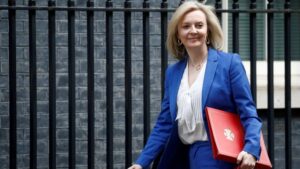British and EU negotiators have been locked in discussions for nearly nine months. But could a breakthrough be secured before the end of the year?
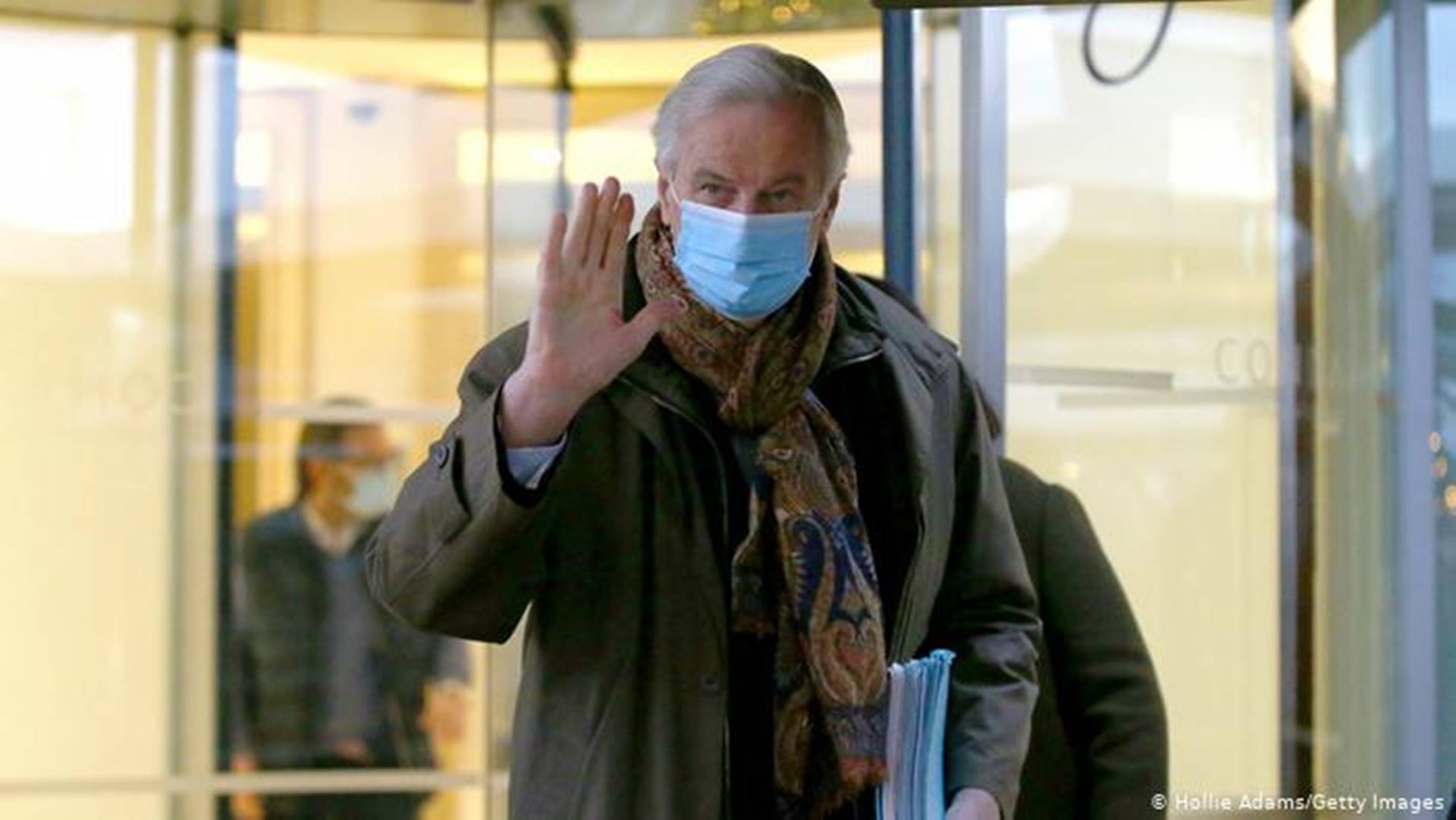
EU chief negotiator Michel Barnier said on Monday that he believes a Brexit trade deal is still possible by the end of the year.
The Frenchman told journalists in Brussels that fair competition rules and fishing rights remained unresolved after nine months of talks.
“Two conditions are not met yet,” he said as he entered a meeting to brief the 27 EU nations on progress in the talks. “This deal, it is still possible.”
It is our responsibility to give the talks every chance of success.
Never before has such a comprehensive agreement (trade, energy, fisheries,transport, police & judicial cooperation, etc) been negotiated so transparently and in such little time. [1/2]
— Michel Barnier (@MichelBarnier) December 14, 2020
Barnier is currently meeting his British counterpart, David Frost, as part of what’s being billed as a final push to seek an agreement.
“The success of the negotiations will depend on whether the UK is willing to accept some trade-offs,” said one EU diplomat, who added that fisheries negotiations were still proving to be “very difficult indeed.”
Draft deal not shown to MEPs
European Parliament officials told DW that unless the two sides reached an agreement this week, then any trade deal would have to apply on a provisional basis.
At a briefing on Monday morning, some EU parliamentarians were furious that they were not able to see any of the text that has been negotiated.
German MEP Bernd Lange told Barnier that he had “no clue” why the draft agreement — that diplomats in Brussels say is 97% finished — is being treated as “a state secret,” according to a leaked note obtained.
Related Posts
Extra time for trade talks
The UK is currently in a transitional period where it follows all EU rules and enjoys most of the benefits of membership until the end of the year, although it officially left the bloc on January 31.
On Sunday, British Prime Minister Boris Johnson and European Commission President Ursula von der Leyen ditched their latest self-imposed deadline, one of several in recent months, and promised to “go the extra mile” to seal a deal.
They did not, however, set a new deadline for a trade deal — with time running out until the transition period expires on December 31, and the UK leaves the EU single market.
Irish Prime Minister Michael Martin, whose country would be hit hard in a no-deal situation, told broadcaster RTE he expects
The “real end deadline is New Year’s Eve, although I think both sides are very possessed of the need to try and get outcomes to these negotiations in the next number of days,” he said.
EU pushes for ‘fair competition’
Barnier said the UK can have an agreement with no tariffs or quotas, but EU governments led by France and Germany worry that the British government will try to undercut the rules and regulations of the single market.
“Free and fair competition, fair and free, equitable and open, the two go together,” said Barnier, a former French foreign minister.
British government sources have accused Barnier of trying to undermine the UK’s decision to leave the bloc.
“The idea that Britain cannot lay down its own laws misses the point of what Brexit is about,” said one source close to the talks. “We will be an independent, sovereign country as of January 1. It is clear that some in the EU still need to recognize this reality.”
Johnson does not want UK firms to be hemmed in by EU restrictions, especially if those restrictions would have to be progressively adapted to mainland standards in the future.
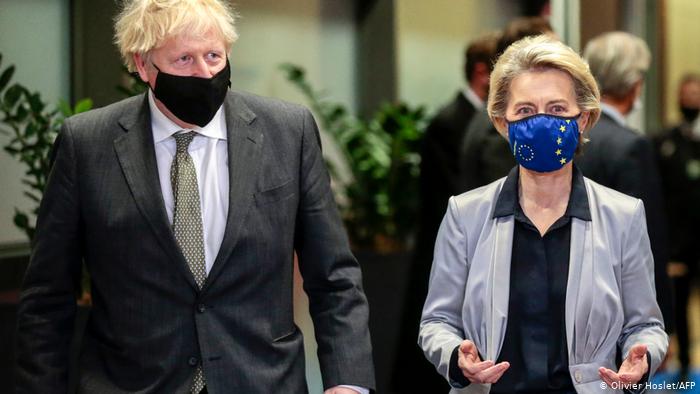
Dispute over fisheries
On fisheries, Barnier has demanded, “an agreement that guarantees a reciprocal, I insist, reciprocal access to markets and waters.”
EU fishermen want to continue working in British waters, but the UK’s seafood industry is also extremely dependent on exports into the 27-nation bloc.
Johnson made fisheries and UK control over its waters a key demand during the 2016 referendum campaign.
It has been 4 1/2 years since Britons voted narrowly to leave the EU and — in the words of the Brexiteers’ slogan — “take back control” of the UK’s borders and laws.
Johnson said over the weekend that the “most likely” outcome was that the two sides wouldn’t reach a deal and would trade on World Trade Organization terms, with the tariffs and barriers that would bring with it.
Exporters and importers will face customs declarations, goods checks, and other obstacles. EU citizens will no longer be able to live and work in Britain without a visa — though that doesn’t apply to the more than 3 million already living there — and Britons will no longer be able to automatically work or retire in the EU.
DW / Balkantimes.Press
Napomena o autorskim pravima: Dozvoljeno preuzimanje sadržaja isključivo uz navođenje linka prema stranici našeg portala sa koje je sadržaj preuzet. Stavovi izraženi u ovom tekstu autorovi su i ne odražavaju nužno uredničku politiku The Balkantimes Press.
Copyright Notice: It is allowed to download the content only by providing a link to the page of our portal from which the content was downloaded. The views expressed in this text are those of the authors and do not necessarily reflect the editorial policies of The Balkantimes Press.

